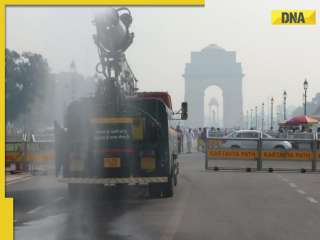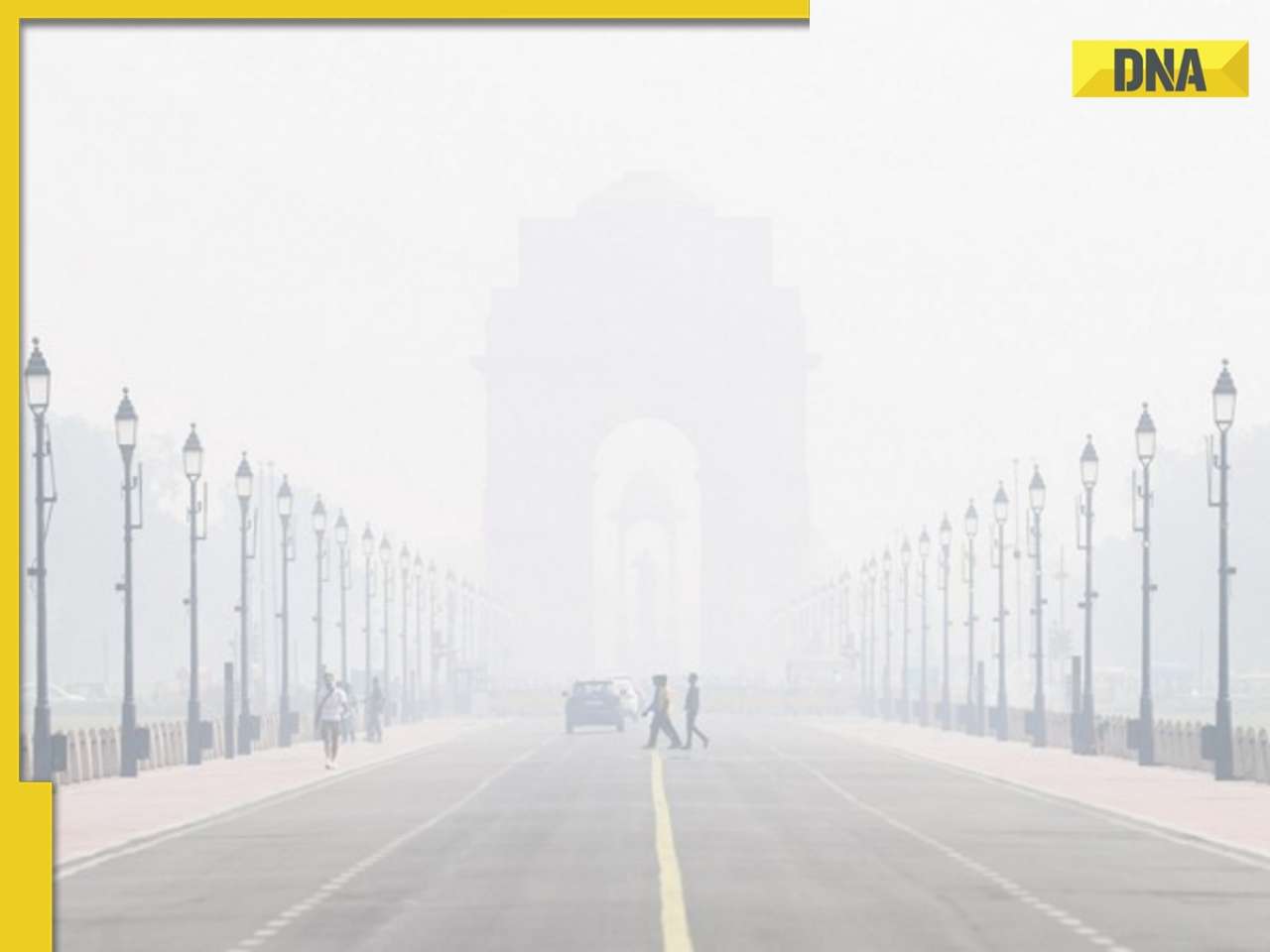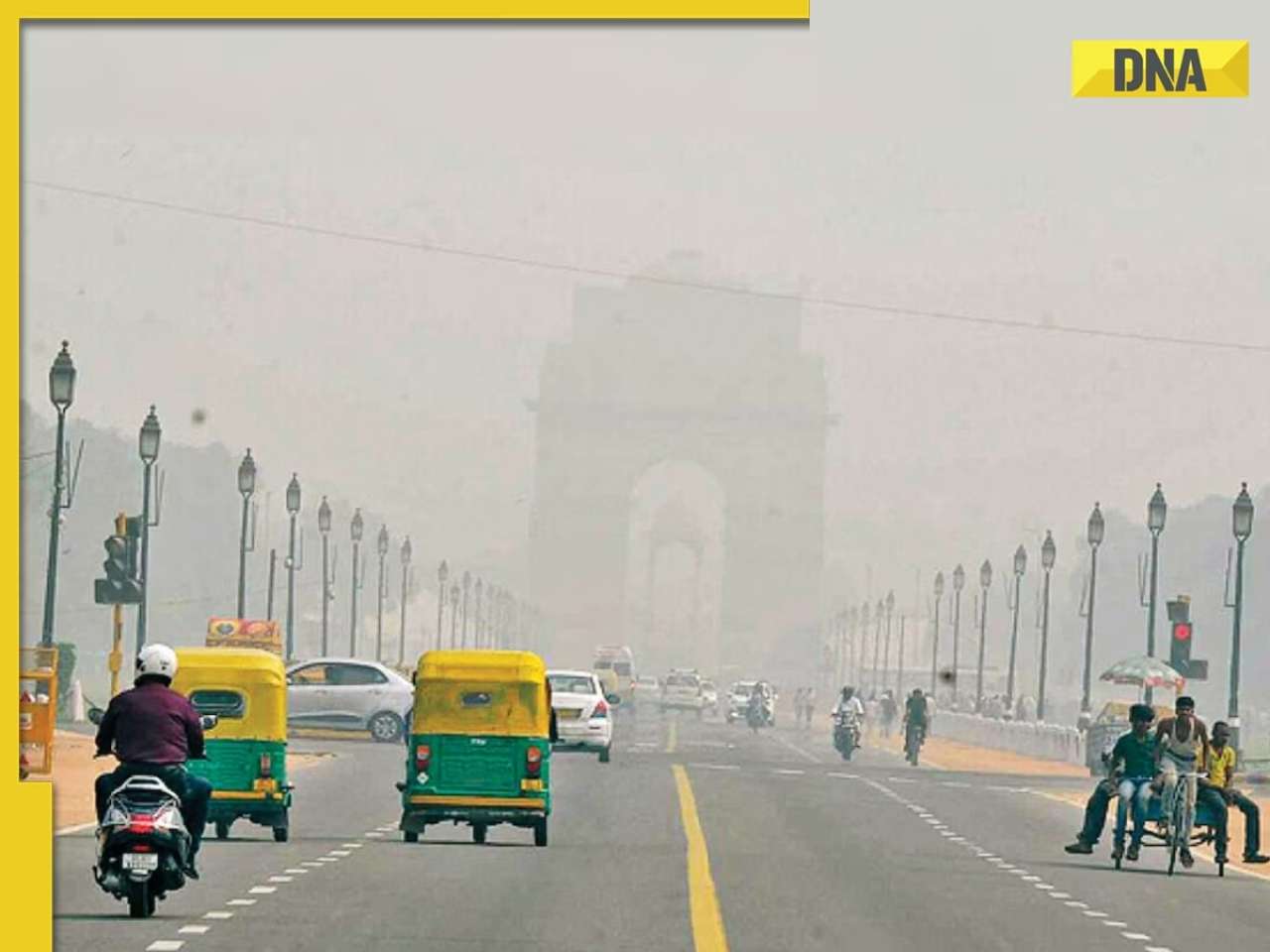- LATEST
- WEBSTORY
- TRENDING
INDIA
Delhi records year's cleanest air quality as AQI drops to...
Delhi also exceeded its yearly and seasonal average rainfall in early September, with total precipitation surpassing 1,000 mm.
TRENDING NOW
Delhi experienced its cleanest air quality of the year on Friday, thanks to record rainfall in September. The city's Air Quality Index (AQI) was measured at 52, placing it on the borderline between "good" and "satisfactory."
Faridabad reported a 24-hour average AQI of 24, while Ghaziabad and Noida recorded AQIs of 34 and 46, all within the "good" range. In contrast, Gurugram registered an AQI of 69, while Bulandshahr, Meerut, and Muzaffarnagar recorded AQIs of 21, 28, and 29, respectively.
This notable improvement in air quality was driven by a combination of depression activity and an active monsoon trough, which resulted in heavy rainfall across Delhi NCR. The rain helped cleanse the air by removing pollutants, while winds blowing at 30-40 km/h dispersed remaining contaminants.
Delhi also exceeded its yearly and seasonal average rainfall in early September, with total precipitation surpassing 1,000 mm. On Friday, Palam recorded 54 mm of rainfall, while Safdarjung saw 30.9 mm within a three-hour period, as reported by PTI.
Official data reveals that Delhi received 125.8 mm of rain in September, 55% higher than the monthly average. In contrast, September 2023 experienced below-average rainfall, with only 82.7 mm, 33% lower than usual.
Rainfall amounts are classified as "heavy" between 64.5 mm and 115.5 mm, "very heavy" between 115.6 mm and 204.4 mm, and "extremely heavy" above 204.5 mm.
The AQI scale ranges from "good" (0-50) to "severe" (401-500), with "satisfactory" (51-100) indicating minimal health risks.







)
)
)
)
)
)
)
)
)
)
)
)
)
)
)
)



























































